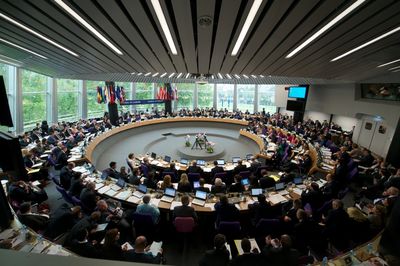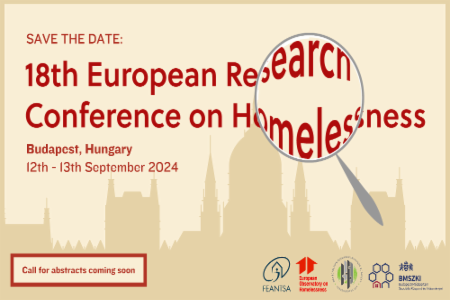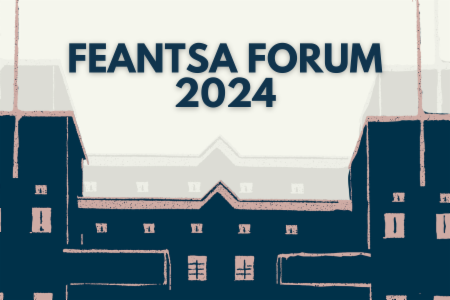Press Release: FEANTSA challenges the Flemish housing policy before the European Committee of Social Rights

Download the Press Release here (online PDF)
FEANTSA, the European Federation of National Organisations Working with the Homeless, has submitted a collective complaint on the 17th of December on behalf of 45 organisations united around the Woonzaak movement. The collective complaint aims to challenge the Flemish regional housing policy and practice for noncompliance with the provisions of the European Social Charter.
The Collective Complaint, FEANTSA v. Belgium, argues that the Flemish housing policy has not succeeded in improving the difficult housing situation of numerous households. It denounces specific issues concerning the affordability and accessibility of housing in the private market. Many households are deprived of housing of an adequate standard and suffer for the lack of security of tenure. Lastly, a special focus is given to the problem of homelessness, as the most flagrant violation of the right to housing. The complaint asks for a periodic monitoring of homelessness, which should help the authorities to have a comprehensive and coordinated approach to promoting access to housing.
Freek Spinnewijn, Director of FEANTSA, said that “In Belgium there is a big gap between the right to housing on paper and the realisation of this right in practice.” Spinnewijn added that, “FEANTSA is taking the case to the Council of Europe to challenge the housing policy of Flanders, as it fails to fulfill its international obligations.” “A clear decision from the Council of Europe should motivate the government to take appropriate and decisive action to remedy these violations.”
Kjell Larsson, President of FEANTSA, commented that: “The evidence gathered in the collective complaint against Belgium shows that the Flemish Housing Policy is not in compliance with the provisions of the European Social Charter. More precisely, Belgium must implement policies that effectively address access to accommodation for those experiencing homelessness.”
Notes:
The Council of Europe’s Collective Complaint mechanism allows international non-governmental organizations such as FEANTSA to submit complaints against States Parties who fail to live up to their obligations under the European Social Charter. FEANTSA’s collective complaint against Belgium has been submitted to the Council of Europe on 17 December 2021. More specifically, the complaint asserts that the Belgian government policy and practice does not comply with the following Articles of the European Social Charter:
Article 11- The right to protection of health
Article 16 – The right of the family to social, legal and economic protection
Article 17 – The right of children and young persons to social, legal and economic protection
Article 19 – The right of migrant workers and their families to protection and assistance
Article 30 – The right to protection against poverty and social exclusion
Article E – Non-discrimination
Following the submission of the complaint, the European Committee on Social Rights will determine whether the complaint is admissible. If the complaint is considered admissible, the Committee will adopt a decision on the merits of the complaint. This decision establishes whether Belgium’s law and/or practice is or is not in compliance with one or more provisions of the Charter. The Committee can take up to a year to publish its final decision.
FEANTSA believes that taking a rights-based approach to tackling homelessness is crucial to both alleviating homelessness, as well as to preventing people from becoming homeless. FEANTSA and its members at national level advocate for housing and homeless policies that respect the fundamental human rights. We believe that the Revised European Social Charter is a useful instrument to ensure social rights for people across Europe. Our collective complaints taken against France (2008), Slovenia (2010) and the Netherlands (2012) have had an important impact on national policy, and furthermore, are an example when advocating for access to social rights, in particular the right to housing. Read more about these collective complaints here.
We expanded our work on social rights through FEANTSA’s Housing Rights Watch network. This network brings together individuals - advocates, activists, academics, lawyers, etc., in several countries, as well as at European level, to foster a rights approach. Housing Rights Watch members learn from each other, and also seek to build a rights approach to tackling homelessness.





